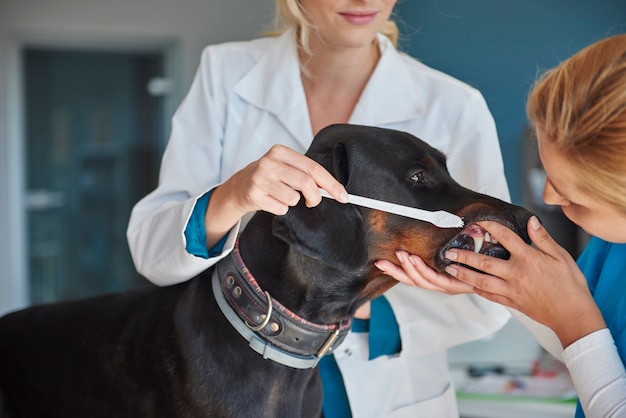Bird Flu and Cats: What Pet Owners Should Know | South Park Animal Hospital


Bird flu, formally known as avian influenza, is a viral infection that primarily affects birds but has occasionally crossed over into other species, including cats. While rare, transmission of certain strains—particularly H5N1—has been documented in felines, making it essential for cat owners to stay informed. At South Park Animal Hospital, we want to help you understand the risks and offer guidance on keeping your pets safe and healthy.
Bird flu is caused by influenza type A viruses found naturally in wild aquatic birds. These viruses can spread to domestic poultry and, under specific conditions, to mammals, including humans and pets. Although domestic cats are not a typical host, they are susceptible when exposed to infected birds or contaminated environments. Cases have occurred in parts of Europe and Asia where outdoor cats have been in contact with sick or dead birds. In the United States, the risk remains low, but that does not mean pet parents should be complacent.
Cats that contract bird flu typically do so by eating infected birds or through close contact with contaminated feces or surfaces. Once infected, a cat may show a variety of signs that range in severity. These may include respiratory issues such as coughing, sneezing, or nasal discharge; lethargy; loss of appetite; and in more severe cases, fever or neurologic symptoms like tremors or seizures. In rare but serious instances, bird flu in cats can lead to pneumonia and be fatal if not addressed swiftly.
Because symptoms can mimic other common feline illnesses, it’s important to have your pet evaluated promptly if they are not acting like themselves—especially if they’ve had any potential exposure to wild birds. Your veterinarian may recommend diagnostic tests to rule out other illnesses and determine the best course of treatment if bird flu is suspected. Supportive care is the standard approach, as there are no specific antiviral treatments approved for bird flu in cats. Ensuring hydration, rest, and symptom relief can help the body recover, but early intervention improves the chances of a positive outcome.
The good news is that prevention is relatively straightforward. Keeping your cat indoors significantly reduces the risk of exposure to infected wildlife. For households with backyard chickens or other birds, it’s important to practice strict biosecurity measures. Avoid allowing cats access to coops or areas where bird droppings may accumulate. Always wash your hands after handling birds or cleaning cages, and consult your veterinarian if you suspect illness in any of your pets.
While the chances of a housecat contracting bird flu are currently low, the situation can change. Monitoring updates from trusted sources such as the ASPCA, the CDC, and your local animal health authorities will help you stay ahead of any emerging threats. At South Park Animal Hospital, we are here to answer your questions and offer personalized advice for your pet’s health and safety.
Our team understands how much your feline companion means to your family. Being aware of potential risks—no matter how rare—helps you make informed decisions and act quickly if concerns arise. The health and happiness of your pet starts with proactive care, and we’re always here to help guide you.
If you have questions about bird flu or want to learn more about how to protect your cat from emerging health risks, contact South Park Animal Hospital today at (415) 523-4404 or visit us at 598 2nd Street, San Francisco, CA 94107. Our experienced veterinary team is here to support you with expert care and trusted advice.




















